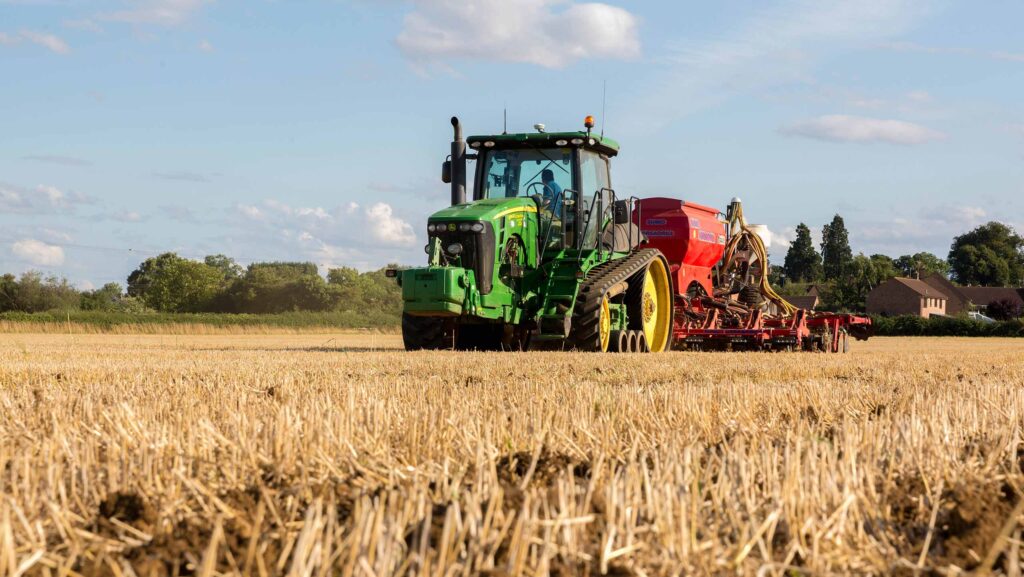Shrinking OSR acreage will raise dependence on imports
 © Tim Scrivener
© Tim Scrivener A shrinking area of oilseed rape plantings this autumn is set to increase the UK’s dependence on imports of rapeseed oil, including from countries producing the crop using chemicals banned for use here.
Owen Cligg, of the farmer co-operative United Oilseeds, confirmed that OSR plantings are expected to be lower this season, estimating production between 200,000ha-250,000ha, compared with a surviving area of 280,000ha for the 2024 harvest.
“We are probably only going to be looking at 750,000t of rapeseed oil grown in Britain this year, allowing for a yield variation of between 3-3.5t/ha,” Mr Cligg told Farmers Weekly. “On that basis, rapeseed oil will be down.”
See also: Late-drilled oilseed rape escapes high flea beetle pressure
Mr Cligg was responding to comments made by NFU deputy president David Exwood at the union’s Conservative Party fringe meeting in Birmingham on Monday 30 September.
Mr Exwood noted that OSR plantings are down this autumn across the UK, potentially leading to increased imports of rapeseed oil from countries still using neonics to grow the crop.
He argued that this shift could undermine domestic production and lead to reliance on palm oil instead of UK-grown vegetable oils, thus failing to achieve environmental goals.
“We threaten losing our crushing capacity in this country, and then the vegetable oil that we do consume will more than likely be palm oil. What will we likely have achieved by doing that?” he asked.
Mr Exwood said the new Labour government’s policy should support domestic production of high-standard vegetable oils rather than relying on imports.
But he added: “Yet, we are on the cusp of getting that wrong in a really spectacular way.”
Complicated picture
Responding to Mr Exwood’s comments, Mr Cligg said the decrease is influenced by various factors, including farmers allocating more acreage to the Sustainable Farming Incentive scheme, and the threat posed by cabbage stem flea beetle in some regions due to the neonics ban.
Both Mr Exwood and Mr Cligg called for more government support to help UK farmers re-establish oilseed rape production, while recognising the complexity of the situation.
A Defra spokesperson said: “All food and drink products imported into the UK need to meet our import requirements – including pesticides maximum residue levels, so that British people are always protected.”
